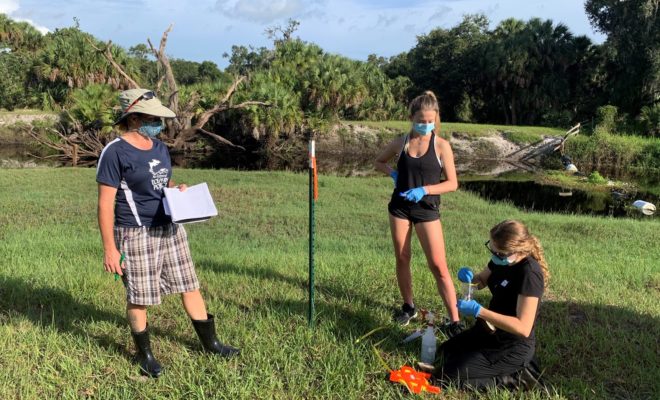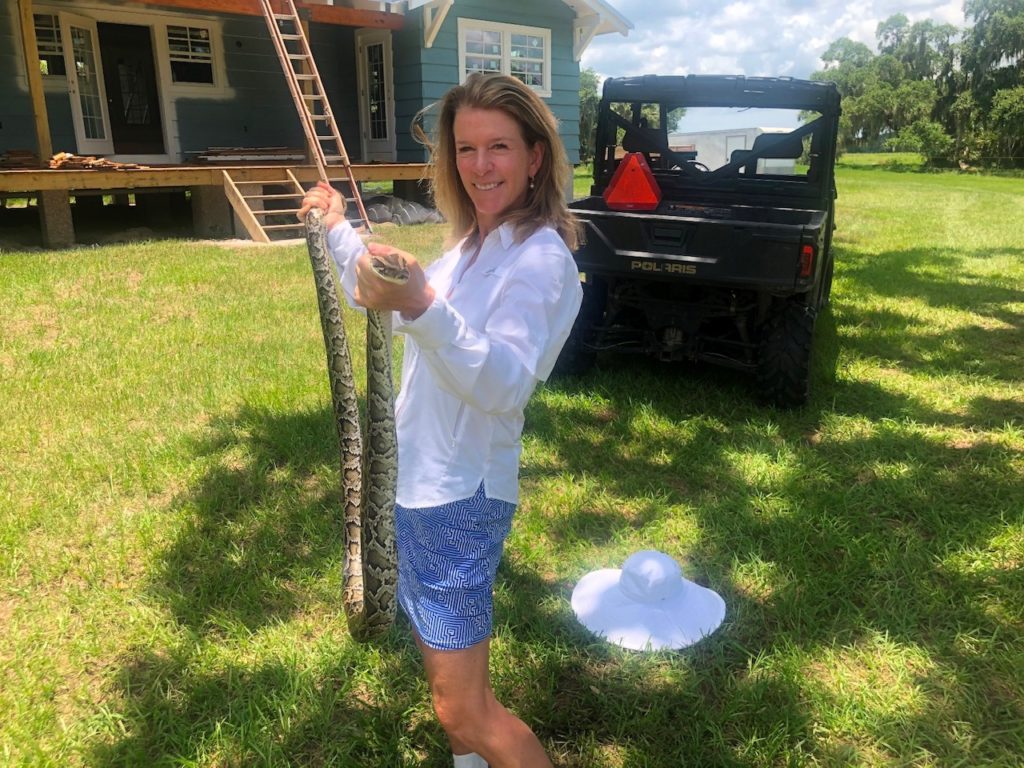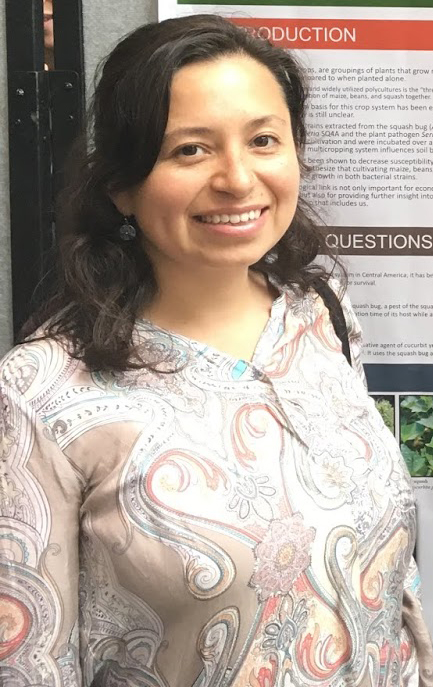
People & Business
New College Microbiome Project Receives Major Support from Conservationist Elizabeth Moore
Under direction from New College professor Erika Diaz Almeyda, the Florida Urban Microbiome Project Research explores the crucial role of microbes in local ecosystems. Moore, a Florida House Institute board member and president of TREE Foundation, has donated more than $48,000 toward the project.
Although microbes are invisible to the naked eye, they play a huge role in the health of ecosystems and individuals. A new initiative at New College of Florida will help build a local baseline data and shed light on microbes in urban environments.
In the summer of 2019, Erika Diaz Almeyda, an assistant professor of biology and environmental sciences at New College of Florida, began studying the impact of human land-use decisions on urban microbiomes. She assembled a team of New College students and interns and launched the Florida Urban Microbiome Project in collaboration with the Florida House Institute. Over the past year, Diaz-Almeyda trained undergraduate students and interns, and empowered them to develop their own research questions. This initiative was made possible by an initial $15,000 donation from conservationist Elizabeth Moore, a Florida House Institute board member and president of TREE Foundation.
“Thanks to Elizabeth Moore’s funding, our team has achieved some important insights,” says Diaz Almeyda. “We’ve also gained valuable local data on soil characteristics and management, plant biodiversity, and soil microbial diversity across the Florida House Institute’s demonstration grounds. From an educational perspective, this project has also offered invaluable opportunities for hands-on student learning and development in a real-world setting.”

Elizabeth Moore 
Diaz Almeyda
Why does this research matter?
According to Diaz Almeyda, microbes play a vital role in nutrient cycling and ecosystem resilience. A healthy ecosystem depends on a healthy microbiome. Microbial health is determined by a wide range of factors, including biodiversity and nutrient transport. Scientists have studied this complex web of microbial life in remote and wild locations. Even so, the biodiversity of urban microbiomes has received scant attention.
“Cities are often seen as lifeless, artificial spaces,” notes Diaz Almeyda. “The truth is, they’re filled with life. Along with their human population, urban environments also support a web of plant and animal species, which in turn depend on a healthy biodiverse microbiome. We’re deeply connected to that web of life — and that’s why our research is so important.”
Thanks to an additional $33,740 donation by Elizabeth Moore, the project is moving into its next phase this summer.
“Elizabeth Moore’s donation is making all of this possible — and we’re so grateful for her ongoing support,” says Diaz Almeyda. “Our team will study a range of factors impacting microbial communities of the upper Myakka River Basin. We will collect data on water quality, soil characteristics, plant community composition, and land management practices.”
The Triangle Ranch Conservation Area, located within this upper basin, was established by Elizabeth Moore in 2014 and is the site for this next phase of research. “This area plays an important role in flood protection and supports a beautiful array of native plants and animals,” remarks Diaz-Almeyda. “We need to understand how site characteristics and land management practices are affecting its microbial communities, which are vital to overall watershed health.”
“The relevancy of Dr. Diaz’ research project at New College is what motivated me to fund this project,” says Moore. “The microbial world, seemingly invisible, is a powerful force that should be examined and measured. Just as our own human microbiome influences our own personal health, so does the soil’s microbiome aid in nutrient cycling and ecosystem resilience in all plant and animal species. Hopefully, this research will lead to better awareness of the impact of our land use policy decisions and our ability to measure progress. Also, the potential for partnerships with Tree Foundation, Mote Marine, Conservation Foundation and FHI/Southface will further the notion that we are all connected through biology on a macro and micro scale.”
According to Diaz Almeyda, the project will yield a range of positive outcomes:
Community data. Students will collect water and soil microbiology data on several large tracts of managed land. Thanks to this data, the managers responsible for these areas can make informed decisions.
Innovative partnerships. New College’s ongoing collaboration with Florida House Institute will set a pattern for scientific partnerships with other regional organizations, including Conservation Foundation and MOTE Marine Laboratories.
Scientific publication. After analyzing the data from this project, faculty and students will submit a paper to one of the peer-reviewed scientific journals of the American Society of Microbiology.
Prevent the local brain drain. The real-world experience of these internships will empower recent graduates to remain in the community and contribute to the workforce.
“This project is a small beginning,” says Diaz Almeyda. “We hope to grow from here to show the importance of science in our lives. We’re so thankful to Elizabeth Moore and everyone involved in the project for making it possible.”
About New College of Florida
Located in Sarasota, New College of Florida educates intellectually curious students for lives of great achievement. As the legislatively designated Honors College of Florida, New College offers 35 undergraduate majors and a master’s degree program in data science. The 110-acre campus on Sarasota Bay is home to more than 700 students and 80 full-time faculty engaged in interdisciplinary research and collaborative learning.



You must be logged in to post a comment Login